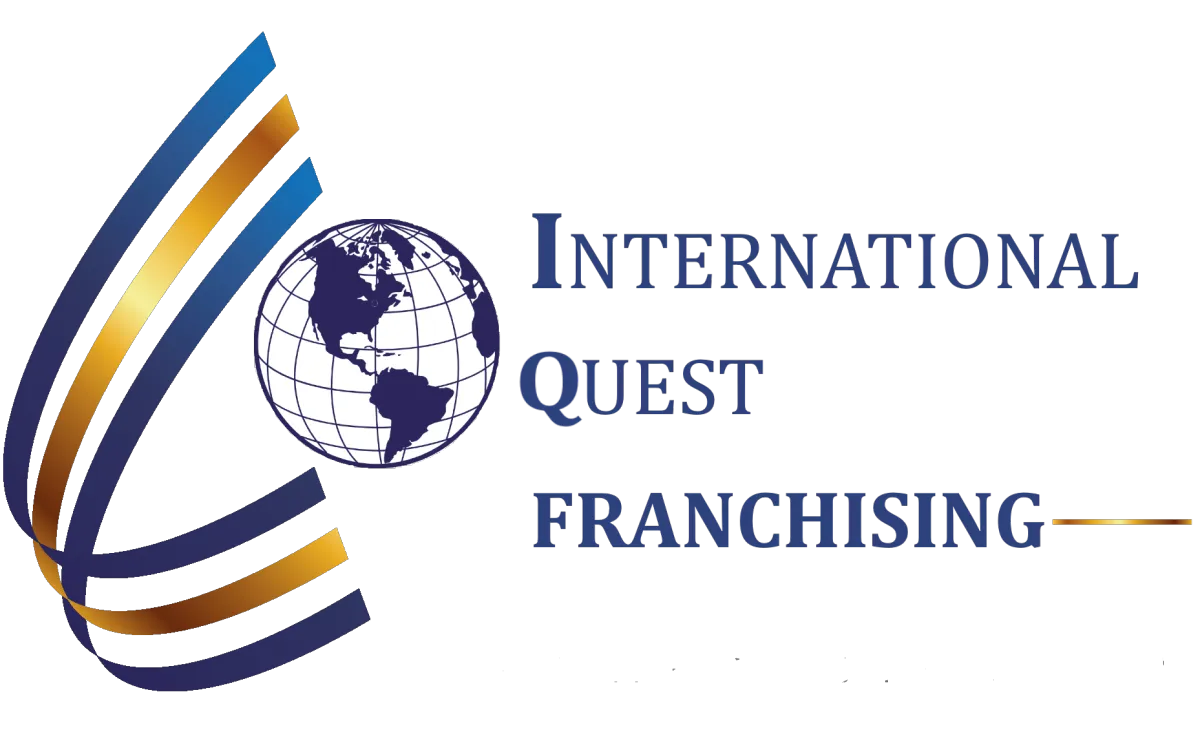
Understanding Franchise Exit Strategies
Understanding Franchise Exit Strategies
A franchise exit strategy is a planned approach to enabling a franchisee to leave the business, either through sale, transfer, or closure. These strategies are crucial for ensuring a smooth transition, safeguarding investments, and securing an optimal return. Franchisees may have various motivations for exiting, such as retirement, pursuing new ventures, or addressing health concerns. Meanwhile, franchisors may look at the broader implications on brand reputation and network consistency.
Exit strategies significantly impact both franchisees and franchisors. For franchisees, a well-crafted exit plan can maximize financial returns and simplify the transition, while franchisors benefit from maintaining brand integrity and finding suitable successors. Exit strategies are an integral part of the franchise lifecycle, setting the stage for future opportunities and challenges.

Need Help? Use International Quest Franchising, LLC
IQ Franchising helps businesses grow and expand through franchising by working closely with clients to build strong, successful franchise systems. We start by understanding your business, then develop a strategic plan that addresses challenges and maximizes profits. Our expertise in project management and operational efficiency, like Lean & Six Sigma, ensures your franchise system is both effective and sustainable. With our support, your business can thrive, and franchisees can make a positive impact in their communities. Let us help you achieve success and reach your franchising goals. To learn more, Visit. (916) 774-7142
Types of Franchise Exit Strategies
One common exit strategy is selling the franchise to a third party. This option allows franchisees to find external buyers who can inject fresh energy and resources into the business. Alternatively, franchisees might consider transferring ownership within family or employees, preserving the legacy and operational knowledge. Closing a franchise, although involving legal and financial implications, may become necessary in certain scenarios.
Some franchisees might explore merging with or being acquired by another franchise, which combines resources and expertise for mutual benefit. Another exit strategy involves passing the franchise back to the franchisor, a streamlined option that can ensure continuity while benefiting from the franchisor’s support.
Evaluating Franchise Value and Market Conditions
Assessing a franchise's current value is pivotal when planning an exit. Valuation involves examining assets, liabilities, income, and market position. Market conditions and trends also impact franchise sales, with elements like demand, consumer behavior, and competitive landscape guiding decisions. Performance metrics and financial health greatly influence valuation, highlighting the necessity of strong operational practices.
Timing is also critical; a well-timed exit can capitalize on favorable market conditions, maximizing returns for the franchisee. Staying informed about economic trends can ensure that the exit strategy aligns with the broader market developments.
Preparing for a Franchise Exit
Preparation involves operational and financial readiness, starting with accurate financial records and performance reports. These documents enhance transparency, lending credibility to valuation efforts. Streamlining operations and boosting profitability before exiting can heighten attractiveness to prospective buyers.
Legal and financial consultations are indispensable in this phase, helping navigate complex agreements, taxation issues, and compliance. Professionals can assist in crafting a comprehensive plan, smoothing the transition through informed advice.
Legal and Financial Considerations
Franchise exits necessitate various legal documents and contracts, ensuring compliance and mitigating risks. Tax implications differ among exit strategies, necessitating careful analysis to optimize outcomes. Understanding franchise agreements is vital, clarifying rights and obligations during the exit process.
Professional advisors, including lawyers and accountants, play critical roles in orchestrating a seamless exit, with their expertise ensuring both legal compliance and financial optimization.
Communicating with Stakeholders
Transparent communication is essential when announcing exit intentions. Open discussions with employees and clients foster trust and maintain morale during transitions. Franchisors, too, require clear communication, ensuring alignment in maintaining brand standards.
Strategic planning underpins these communications, facilitating orderly transitions and minimizing potential disruptions. Consistency and clarity can preserve relationships and maintain business fidelity post-exit.
Post-Exit Transition Strategies
Smooth transitions empower new owners to maintain momentum. Training and support are critical, equipping successors with necessary skills and insights. Exiting franchisees may play active roles, mentoring successors and offering continuity in management.
Maintaining brand reputation during transitions is crucial, safeguarding consumer loyalty and the franchise’s standing in the market. Thoughtful planning ensures seamless progression, preserving business operations and employee engagement.
Challenges and Success Factors in Implementing Exit Strategies
Exit strategies can encounter challenges, such as valuation disputes, market fluctuations, or operational disruptions. Identifying these hurdles prepares stakeholders for potential setbacks. Successful exit strategies often rely on thorough planning, stakeholder cooperation, and market awareness.
Risk management strategies, including contingency plans and diversified options, can mitigate potential issues. Case studies of successful exits, where franchisees navigated market complexities and enhanced valuation, offer insights into effective practices, highlighting the significance of data-driven decision-making and early preparation.
International Quest Franchising, LLC
Business Address: 3017 Douglas Blvd.
Ste. 300
City: Roseville
State: CA
Zip: 95661
Phone: (916) 774-7142

